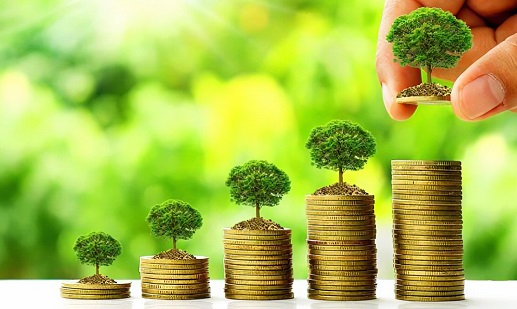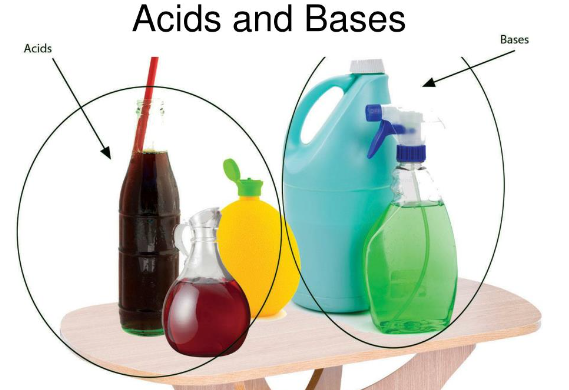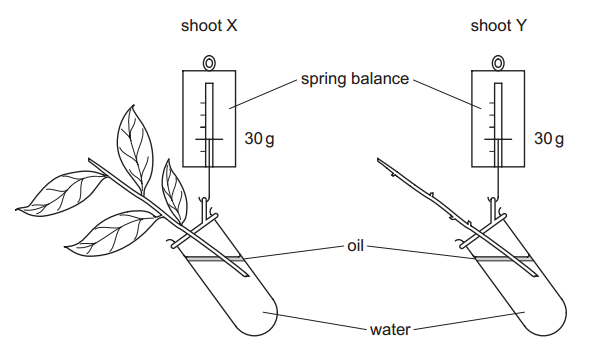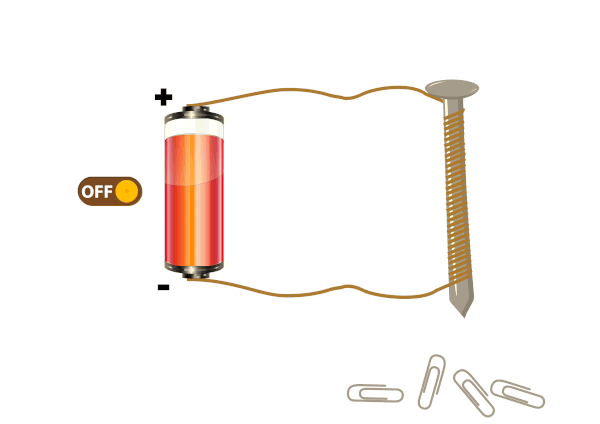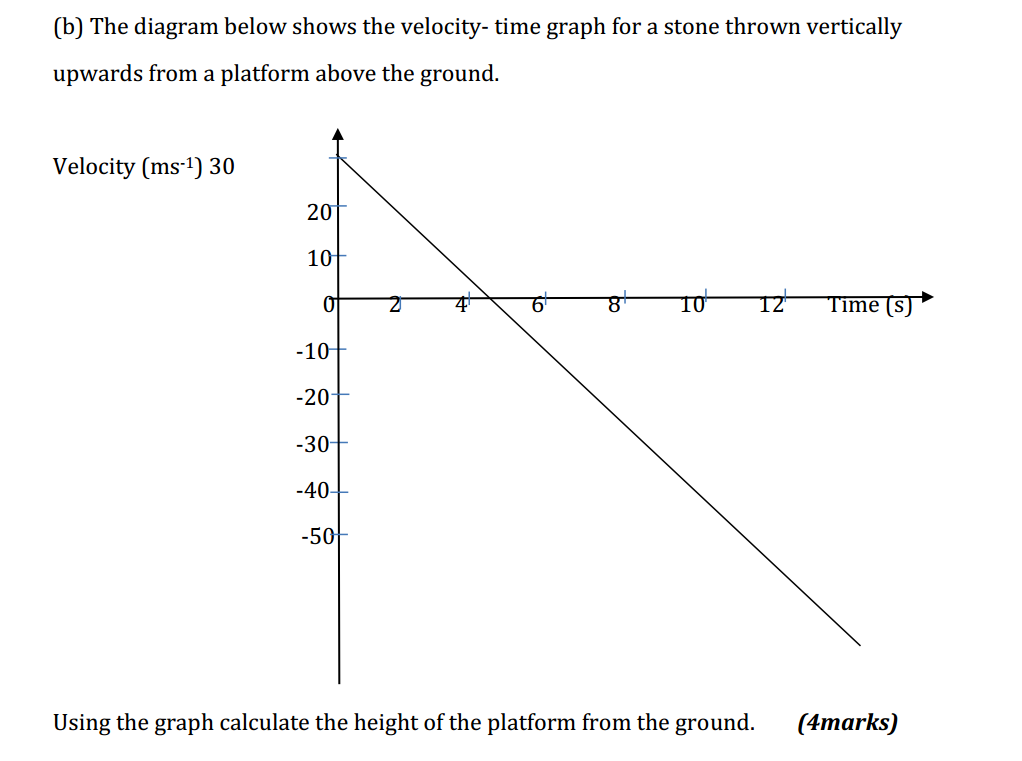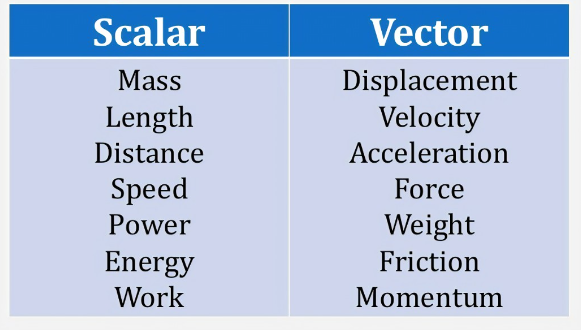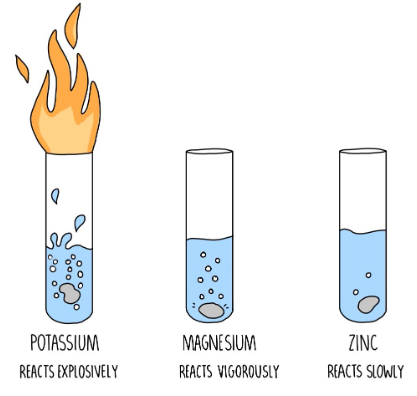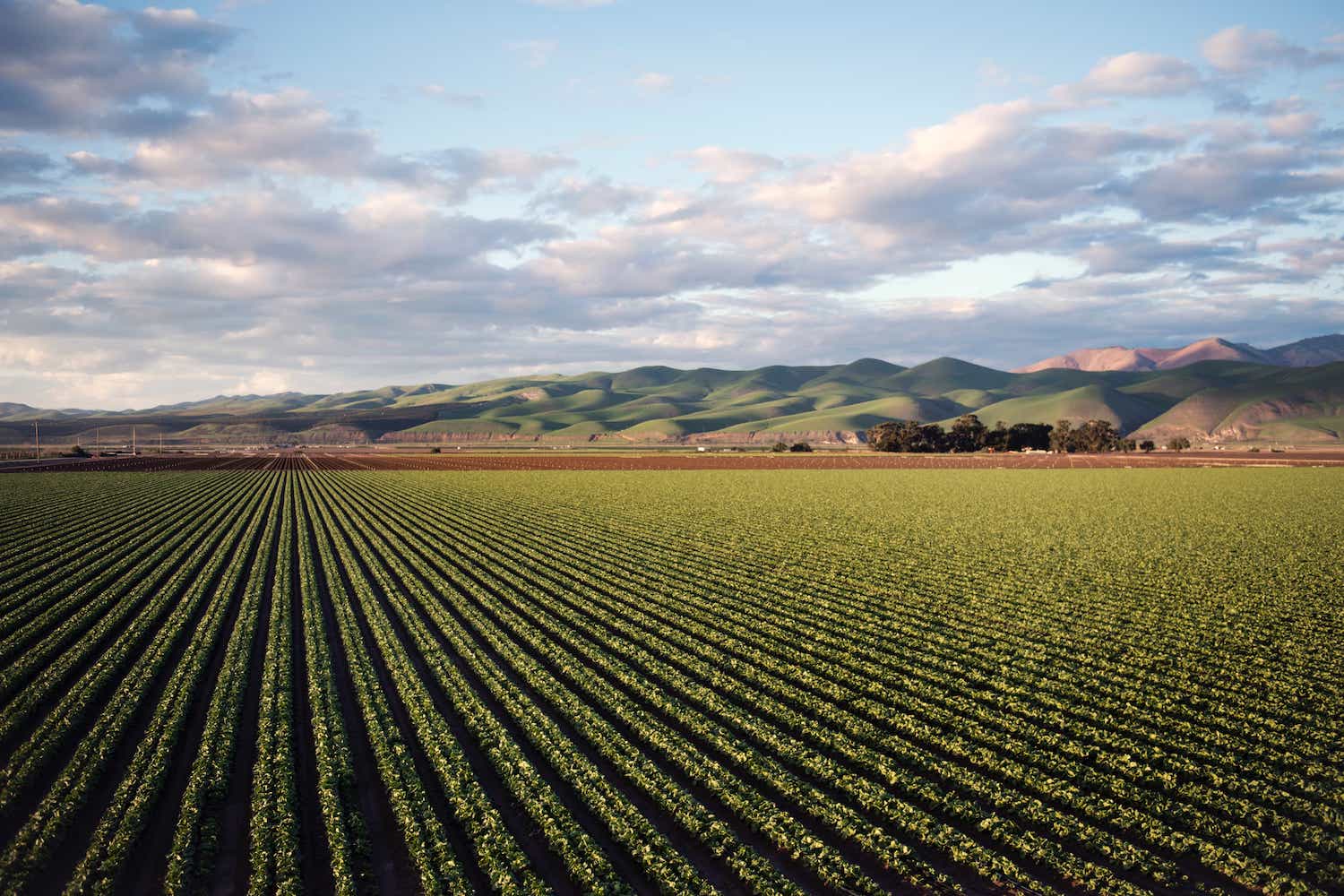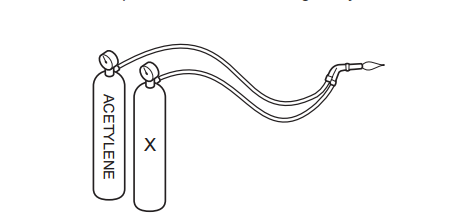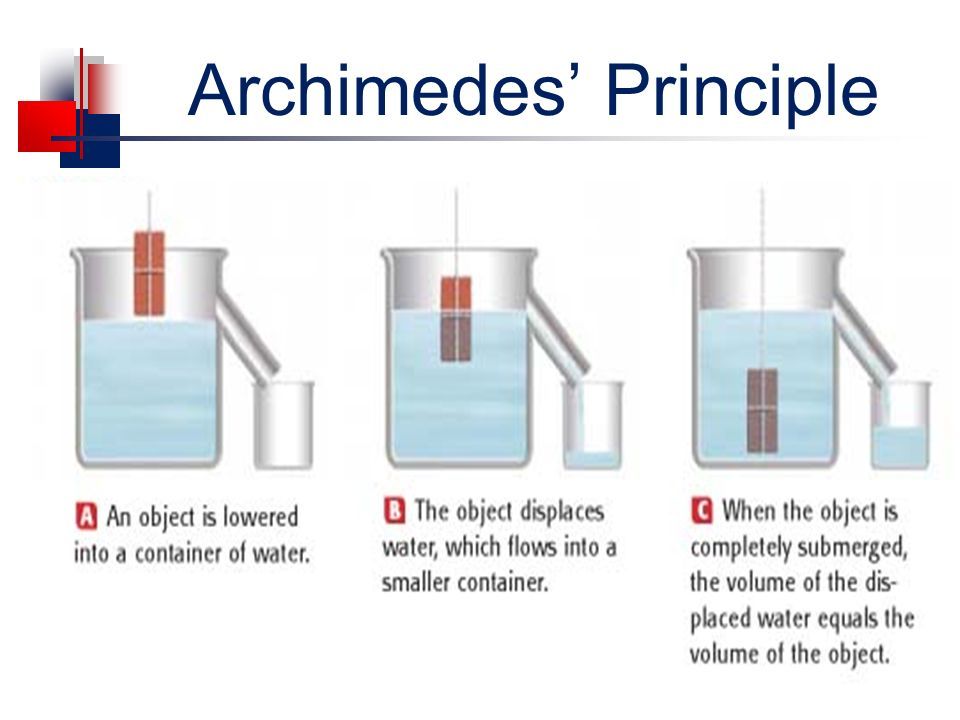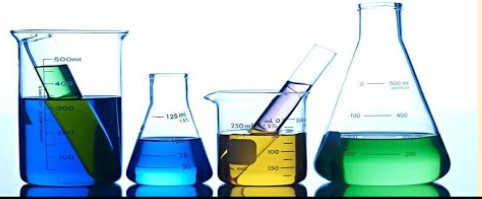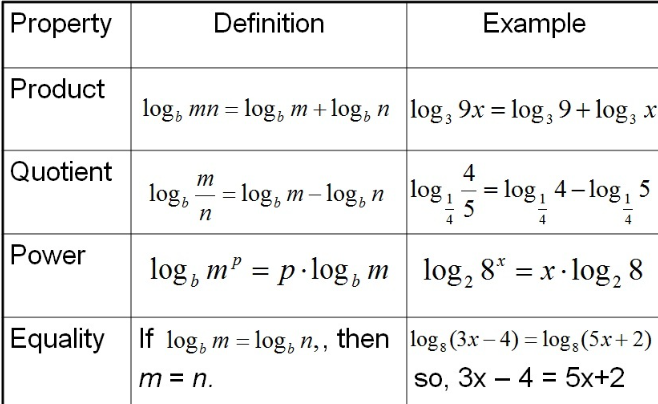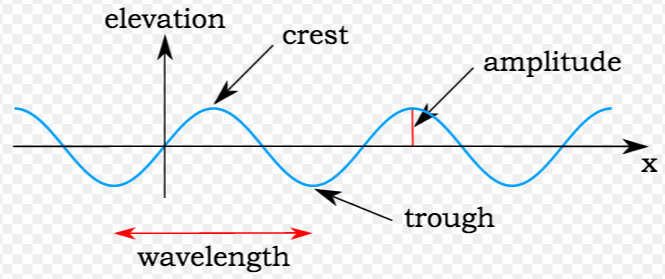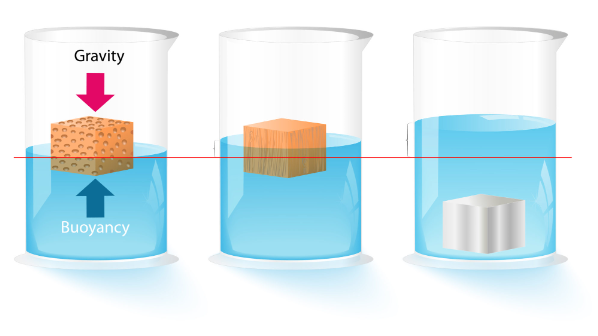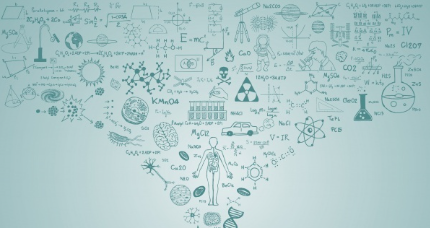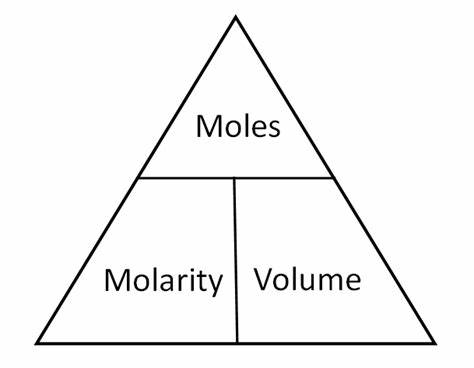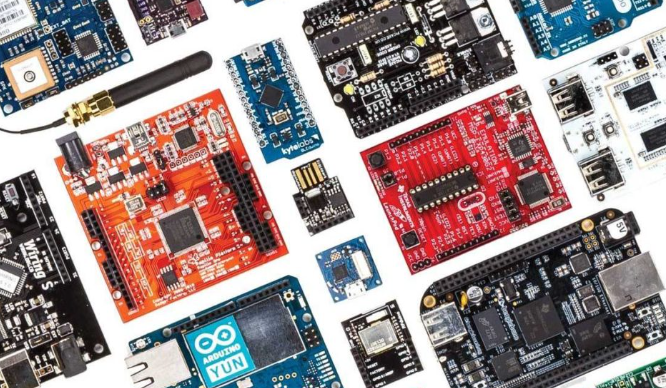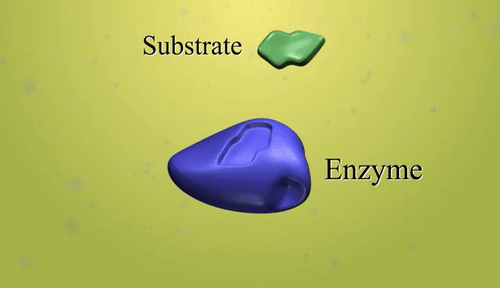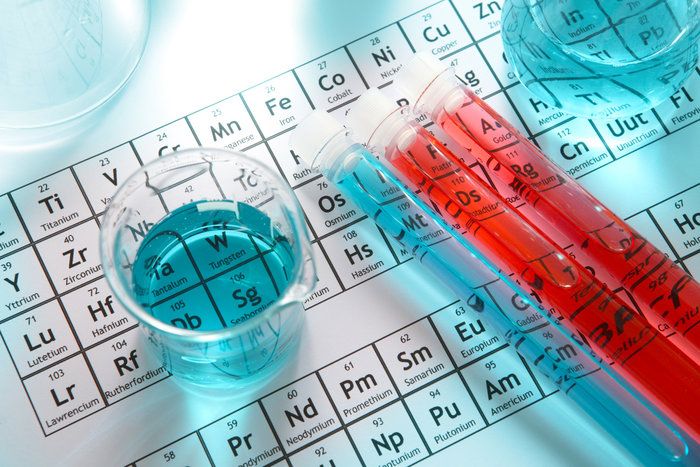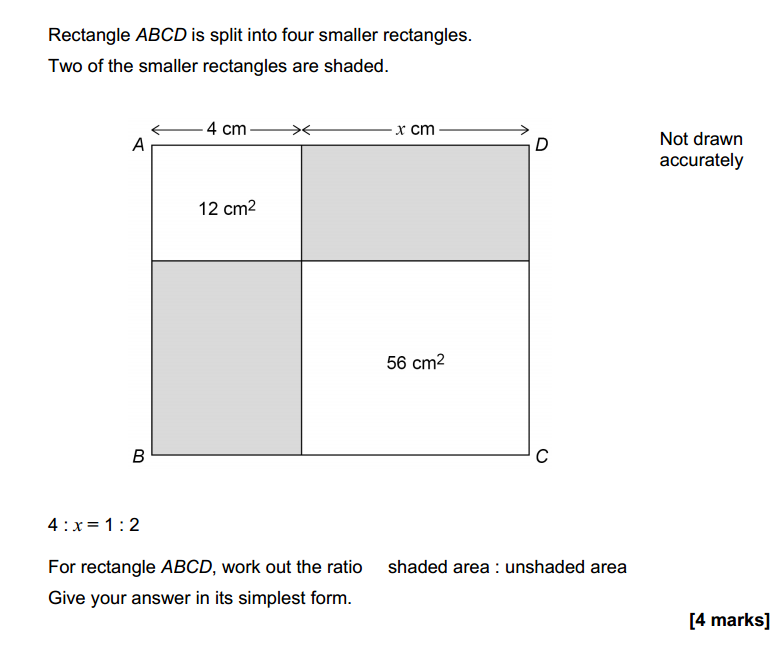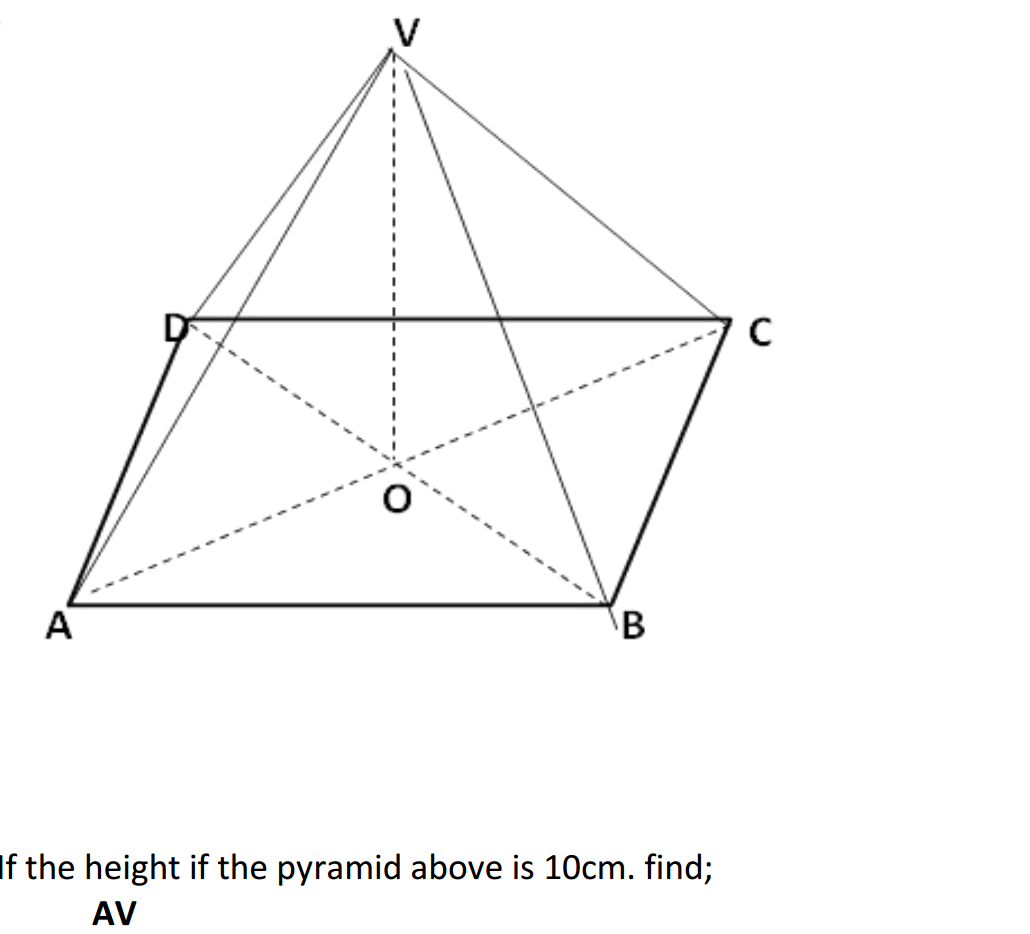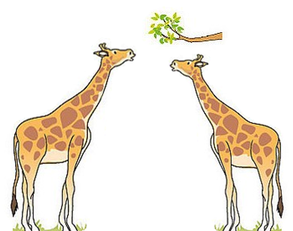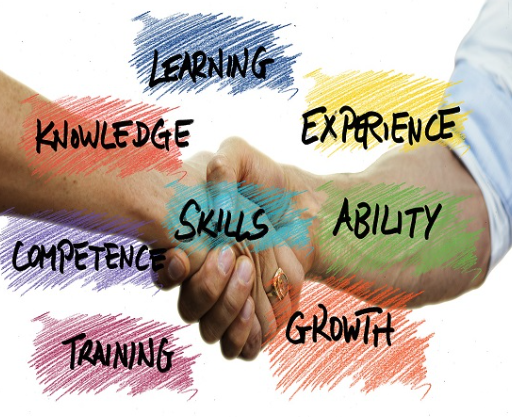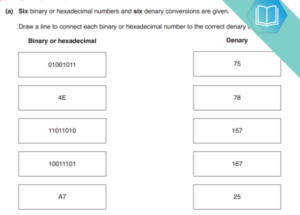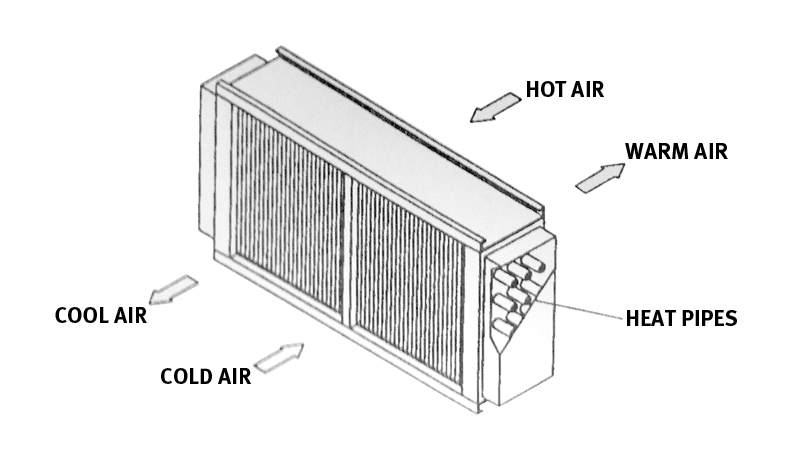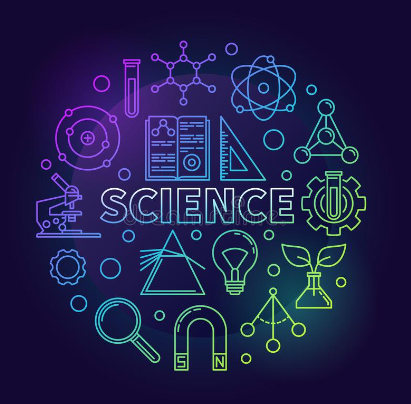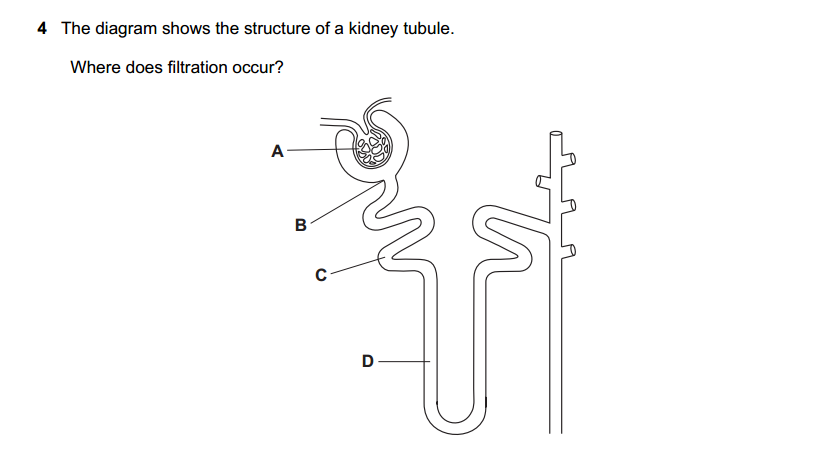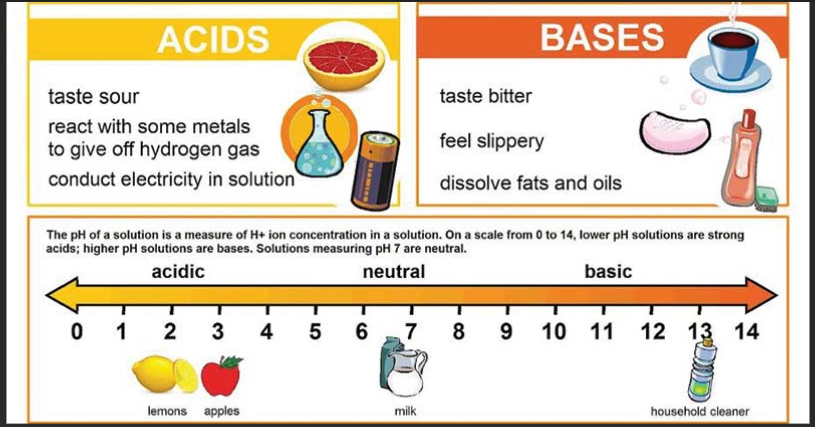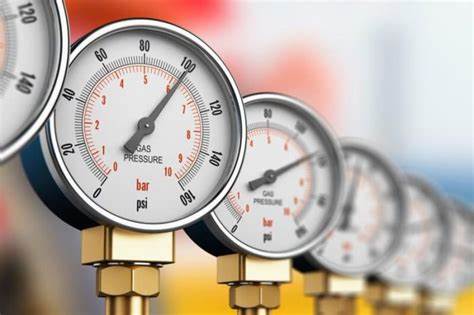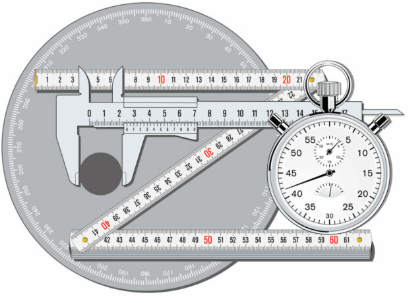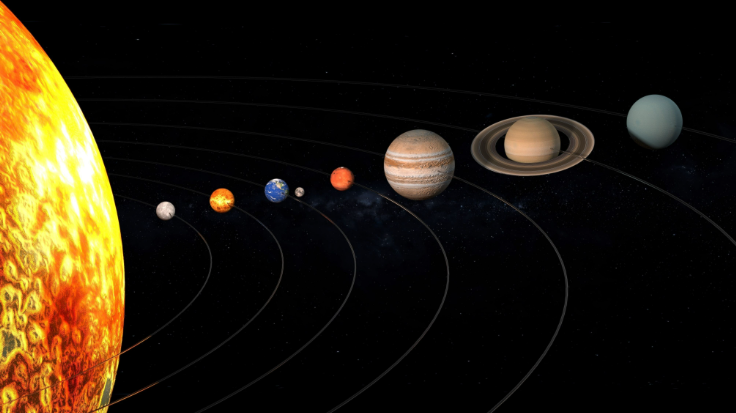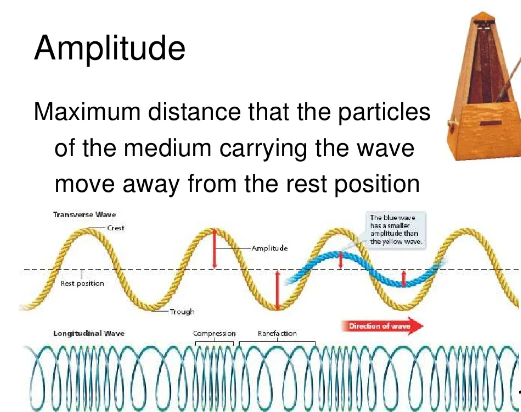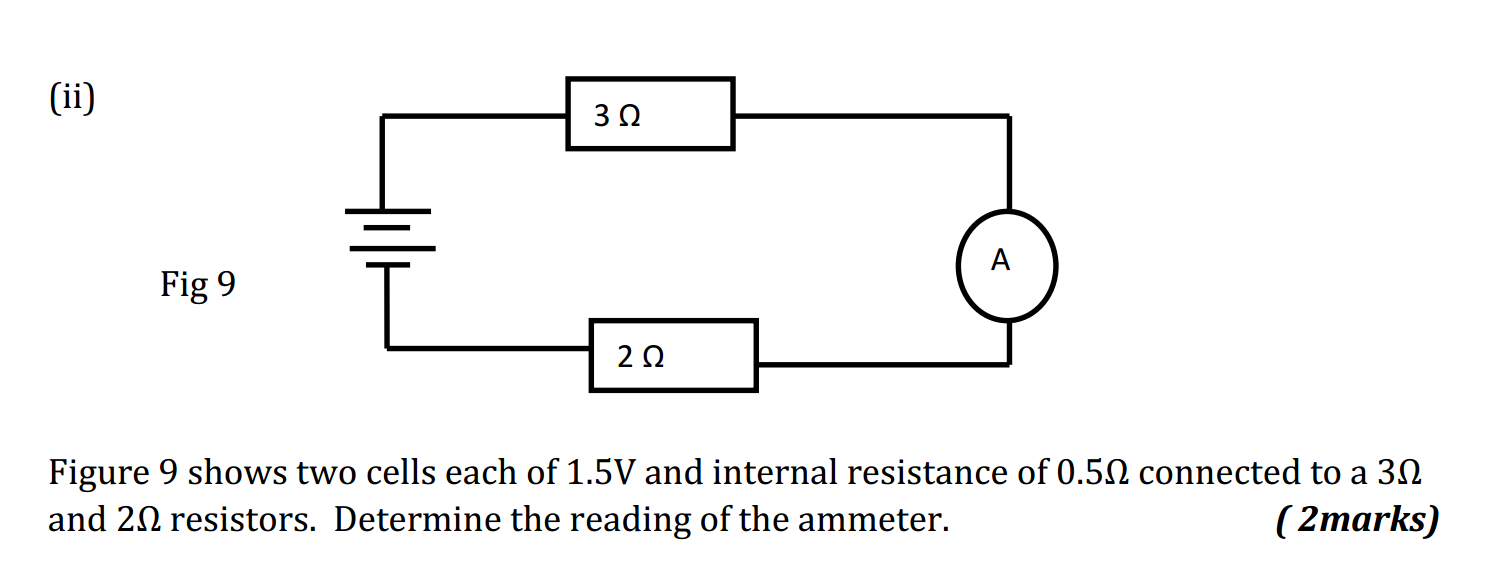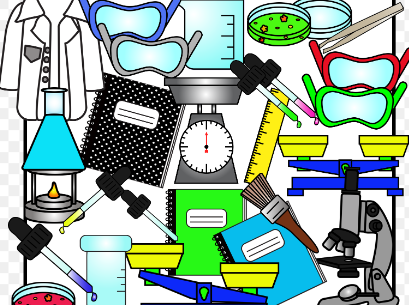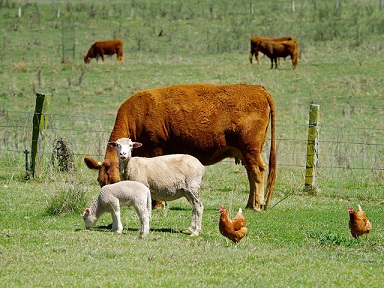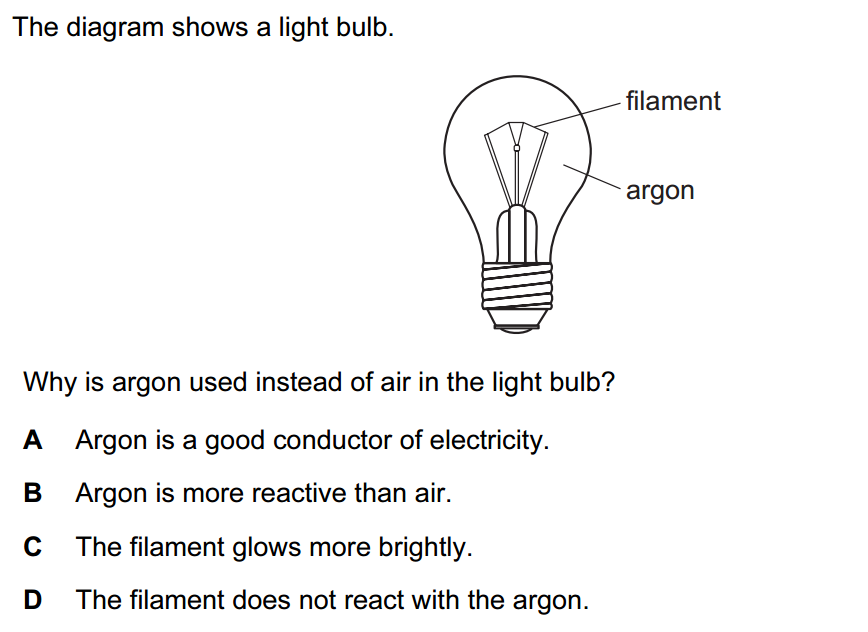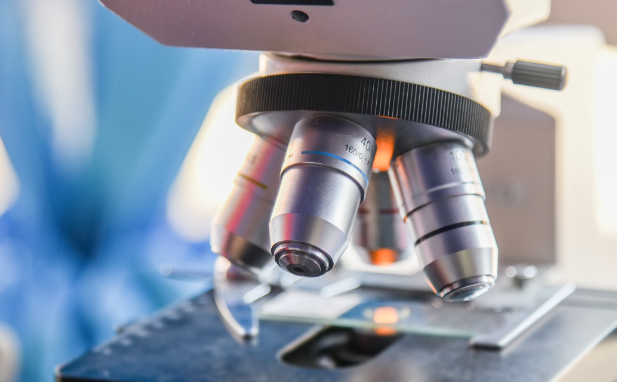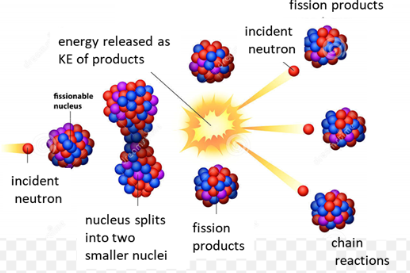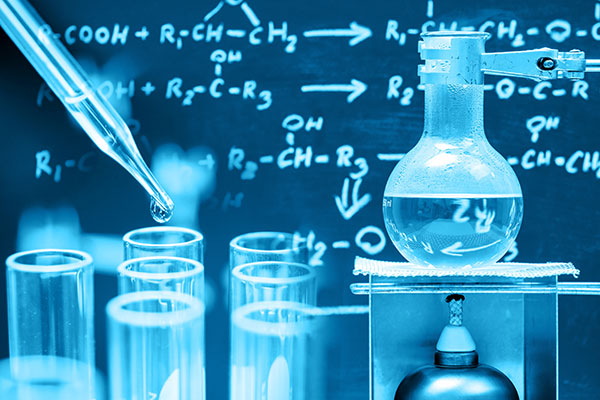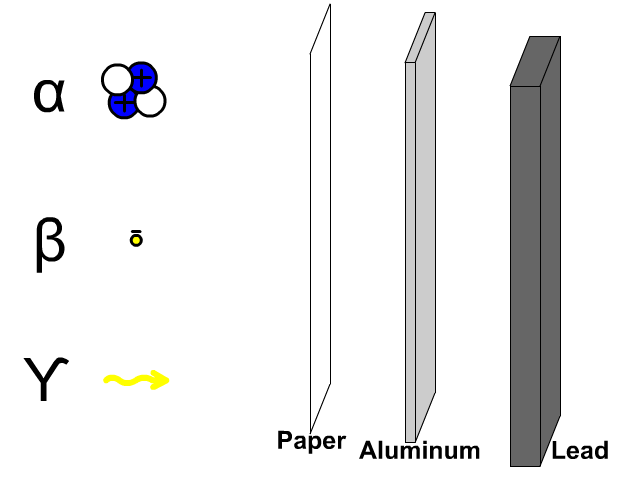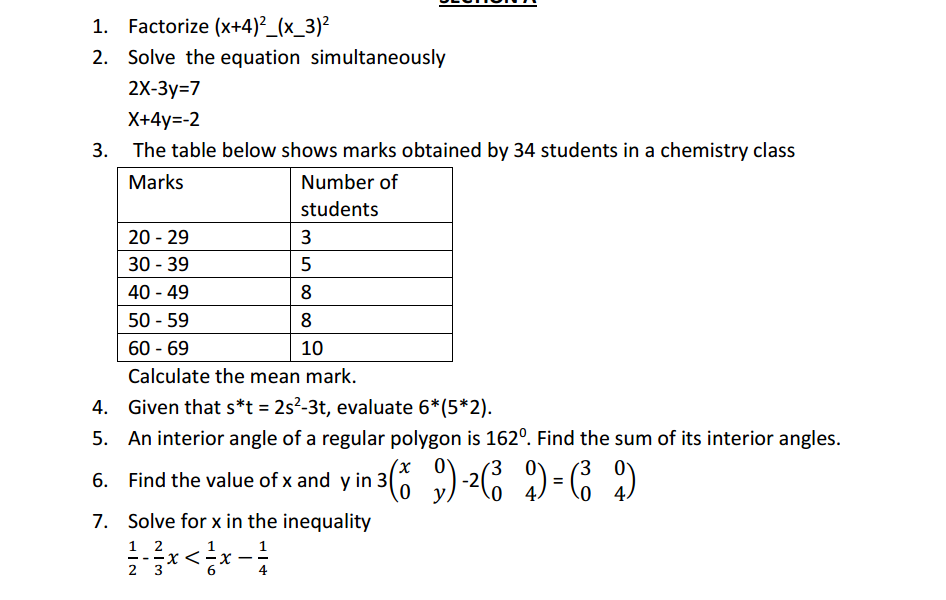General Agriculture Topics:
- What are the main goals of sustainable agriculture?
- How has modern agriculture evolved over the past century?
- What are the key differences between conventional and organic farming?
- What role does biotechnology play in modern agriculture?
- How can agriculture contribute to addressing global food security challenges?
- What are the environmental impacts of agriculture, and how can they be mitigated?
- How do government policies and subsidies affect agriculture in different countries?
- What are the potential benefits and drawbacks of precision agriculture technologies?
- How does climate change impact agricultural practices and crop yields?
- What is regenerative agriculture, and how does it differ from traditional farming methods?
Crop Farming:
- What are some of the most widely cultivated crops worldwide, and why are they important?
- How do crop rotation and intercropping benefit soil health and crop yields?
- What are genetically modified (GM) crops, and what are their advantages and disadvantages?
- How does organic farming promote soil health and pest control without synthetic chemicals?
- What challenges do small-scale farmers face in the production and distribution of crops?
- How do precision farming technologies enhance crop management and resource use efficiency?
- What role do pollinators (e.g., bees) play in crop production, and how can their decline be addressed?
- Discuss the use of biotechnology in developing drought-resistant crop varieties.
- How can we promote sustainable farming practices while meeting the increasing demand for food?
- Explore the concept of vertical farming and its potential benefits for urban agriculture.
Livestock Farming:
- What are the major differences between conventional and sustainable livestock farming practices?
- How do antibiotics used in animal agriculture impact human health and the environment?
- Discuss the ethical concerns related to factory farming and animal welfare.
- What is the role of grazing and pasture management in sustainable livestock farming?
- How can alternative protein sources, like lab-grown meat and plant-based meat substitutes, reshape the livestock industry?
- Explore the concept of agroecology in the context of integrated livestock and crop systems.
- Discuss the challenges of ensuring food safety in meat and dairy production.
- How can sustainable livestock farming contribute to reducing greenhouse gas emissions?
- What is the role of genetics and selective breeding in livestock improvement?
- How can technology enhance animal health monitoring and farm management in livestock production?
Soil and Land Management:
- Why is soil health crucial for sustainable agriculture, and how can it be maintained or improved?
- Discuss the impact of soil erosion on agricultural productivity and the environment.
- How do cover crops and no-till farming practices benefit soil conservation?
- Explore the use of soil amendments like compost and biochar in improving soil fertility.
- What are the challenges and benefits of reclaiming degraded lands for agriculture?
- How can precision agriculture tools help optimize land and resource use in farming?
- Discuss the relationship between land tenure systems and land use in agriculture.
- What are the potential consequences of urbanization on farmland and food production?
- How can sustainable agriculture practices contribute to biodiversity conservation?
- What role does agroforestry play in soil and land management for sustainable agriculture?
Pest and Disease Management:
- How can integrated pest management (IPM) reduce the reliance on chemical pesticides in agriculture?
- Discuss the pros and cons of using genetically modified crops for pest resistance.
- What are the challenges of controlling invasive species in agriculture?
- How can climate change impact the prevalence and distribution of agricultural pests and diseases?
- Explore the role of beneficial insects and natural predators in pest control.
- What is the impact of pesticide residues on food safety and human health?
- Discuss the development and use of biopesticides in modern agriculture.
- How can farmers reduce post-harvest losses due to pests and diseases?
- What measures can be taken to prevent the spread of plant diseases in global trade?
- How do emerging technologies like drones and AI assist in monitoring and managing pest and disease outbreaks?
Water Management:
- What are the challenges of water scarcity in agriculture, and how can they be addressed?
- Discuss the importance of efficient irrigation systems in water conservation on farms.
- Explore the impact of excessive nutrient runoff from agriculture on water quality and ecosystems.
- How can rainwater harvesting and water recycling be integrated into farming practices?
- What are the environmental concerns related to the use of synthetic fertilizers in agriculture?
- Discuss the role of aquaculture in sustainable water resource management.
- How does climate change affect water availability and usage in agriculture?
- What is the concept of “smart farming” in relation to water management on farms?
- How can farmers adapt to and mitigate the effects of extreme weather events on water resources?
- Explore the challenges of managing water rights and allocations in agriculture.
Global Trade and Food Security:
- How does international trade impact the availability and affordability of food in different regions?
- Discuss the role of subsidies in domestic agriculture and their effects on global trade.
- What challenges and opportunities arise from the globalization of food production and distribution?
- Explore the concept of food sovereignty and its implications for local food systems.
- How can agricultural practices and policies contribute to global food security?
- Discuss the impact of food waste and loss on food security and sustainability.
- How do supply chain disruptions, such as the COVID-19 pandemic, affect global food trade?
- What are the implications of trade agreements and tariffs on agricultural exports and imports?
- Explore the role of international organizations like the World Food Programme in addressing food security challenges.
- How can sustainable and resilient farming practices contribute to local and global food security?
Innovation and Technology:
- How do emerging technologies like AI, blockchain, and IoT benefit agriculture?
- Discuss the potential of precision agriculture in optimizing resource use and crop yields.
- How can farmers harness big data and analytics for decision-making in agriculture?
- Explore the challenges and benefits of adopting autonomous farming machinery.
- What are the ethical considerations related to the use of genetic engineering in agriculture?
- How do 3D printing and robotics impact the production of food and farming equipment?
- Discuss the potential of biotechnology in developing drought-resistant and disease-resistant crops.
- How can blockchain technology improve traceability and transparency in the food supply chain?
- What is the role of open-source agriculture and shared knowledge in innovation?
- How can technology bridge the digital divide and provide access to agricultural resources for small-scale farmers?
Sustainability and Environmental Impact:
- What are the principles of agroecology, and how do they promote sustainable agriculture?
- How does the use of chemical fertilizers and pesticides impact soil and water quality?
- Discuss the concept of “food miles” and its environmental implications.
- How can agriculture contribute to the conservation of biodiversity and ecosystems?
- What is the carbon footprint of various agricultural practices, and how can it be reduced?
- Explore the concept of “carbon farming” and its role in mitigating climate change.
- How can regenerative agriculture practices enhance soil health and sequester carbon?
- Discuss the environmental and social consequences of deforestation for agriculture.
- What is the role of sustainable seafood practices in ocean conservation?
- How can circular agriculture and resource recycling minimize waste and environmental impact?
Social and Ethical Considerations:
- What are the social and ethical implications of large-scale monoculture farming?
- Discuss the challenges faced by small-scale and subsistence farmers in developing countries.
- How do gender dynamics and women’s roles impact agriculture and food security?
- Explore the ethical concerns related to genetically modified organisms (GMOs) in agriculture.
- What is the role of fair trade practices in supporting small-scale farmers and sustainable agriculture?
- How can ethical and sustainable labor practices be ensured in agriculture?
- Discuss the importance of indigenous and traditional knowledge in farming practices.
- What are the ethical considerations when using animals in agriculture (e.g., livestock farming)?
- Explore the concept of food justice and equitable access to nutritious food.
- How can consumers make informed and ethical choices to support sustainable agriculture?
These discussion questions cover a wide range of topics in agriculture, addressing environmental, economic, social, and ethical aspects of the field. They can serve as a starting point for in-depth conversations and debates on the challenges and opportunities in modern agriculture.


